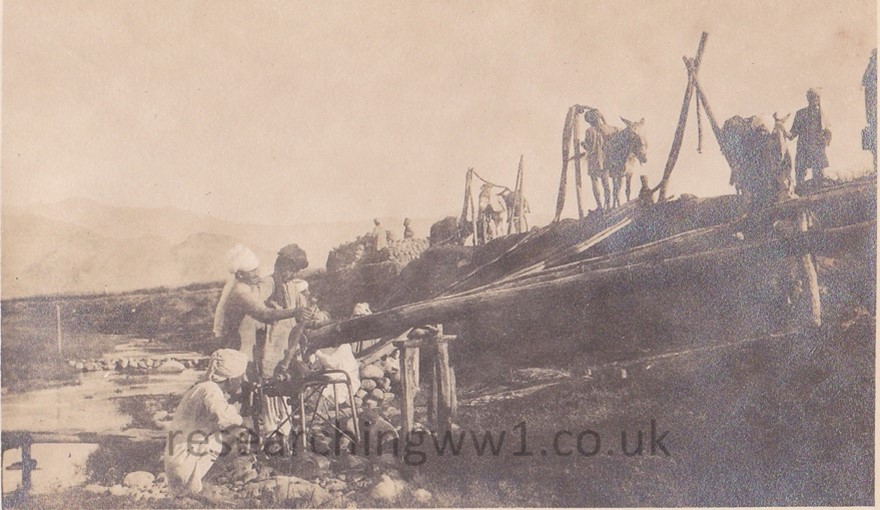The “Menial” Follower: World War One and The Servant Problem in the Indian Army

This talk draws upon my book The Coolie’s Great War: Indian Labour in a Global Conflict, 1914-20, and focusses on the lowest rung of the follower or non-combatant ranks of the Indian Army. These were known as the “menial” followers, who as cooks, sweepers, grooms, water-carriers, leather workers, and the like, ensured the everyday reproduction of men, kit and animals in the Indian Army. However their service benefits were the most minimal,and discipline most summary and to this extent their position resembled the dependency of domestic service. Rising imperial rivalry from the late nineteenth century culminating in World War One, impinging on the status divide between the combatant and follower ranks of the Indian Army. Improvements in follower service conditions were worked out in the language of caste standing, bio-medical efficiency and military masculinity. The “higher” followers benefitted more from this churning than the menial ranks.
Why did the word “menial”, falling out of use in England as a term for the in-house domestic , have such a prolonged existence in the colony as a description for the lowest grade of military and civil employment? What were the ideologies and economies which it sustained? The perpetuation of “menial” status in the Indian Army is a theme which belongs to the history of colonial militarism, and the ideologies of race and caste which it sustained. But it also contributes to the history of care- work, in this case care-work performed on the precarious line between public and private employment.
About the Speaker:
Radhika Singha taught Modern Indian History at Jawaharlal Nehru University, New Delhi. She has worked on crime and criminal law, identification practices, governmentality , borders and border- crossing and labour history in colonial India. She is the author of A Despotism of Law: Crime and Criminal Justice in Early Colonial India (OUP, 1998, 2000). Her talk at titled “The “Menial” Follower: World War One and the Servant Problem in the Indian Army” will draw upon her recently published book, The Coolie’s Great War, Indian Labour in a Global Conflict, 1914-1921 (Hurst, OUP, Harper Collins,2020) but it will expand upon some themes.
